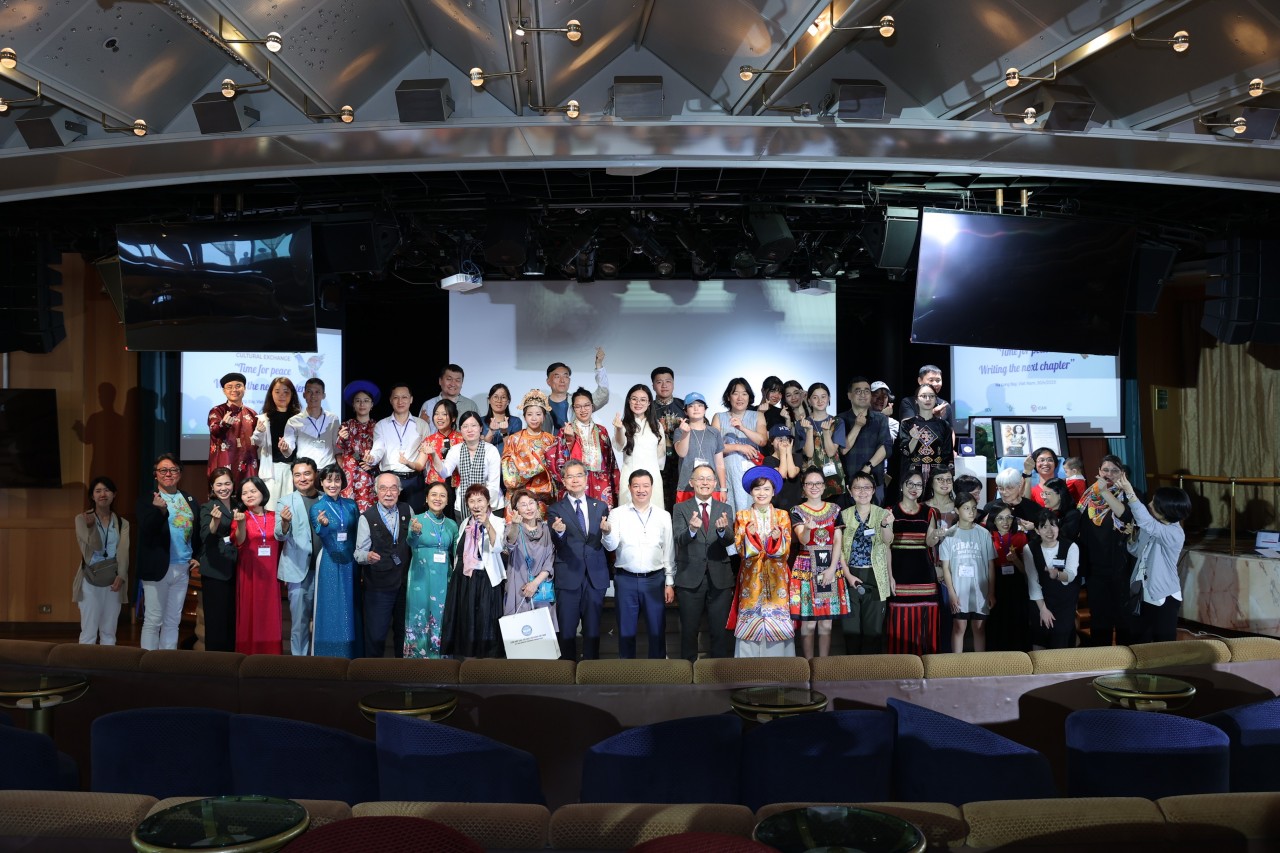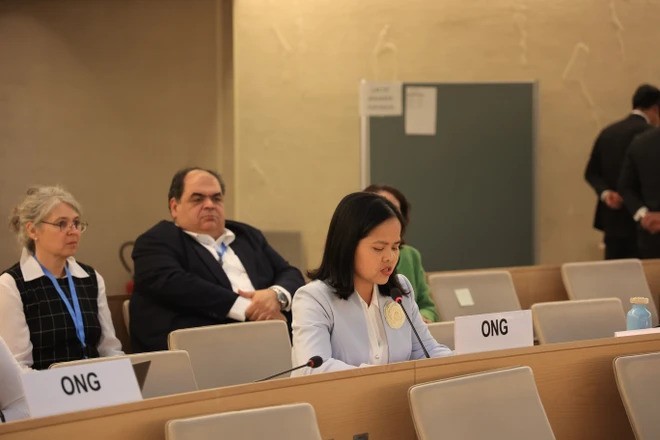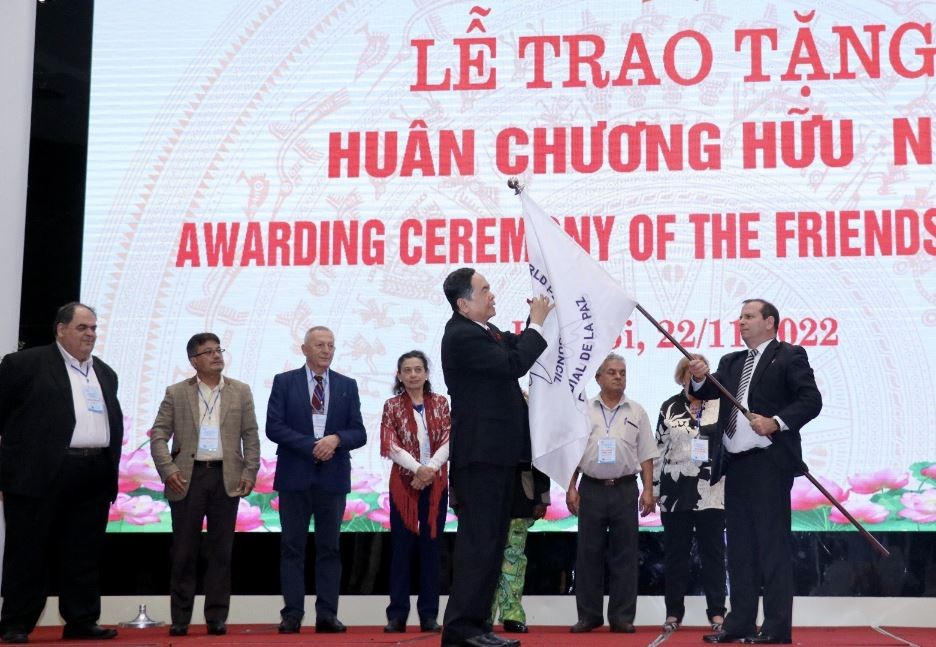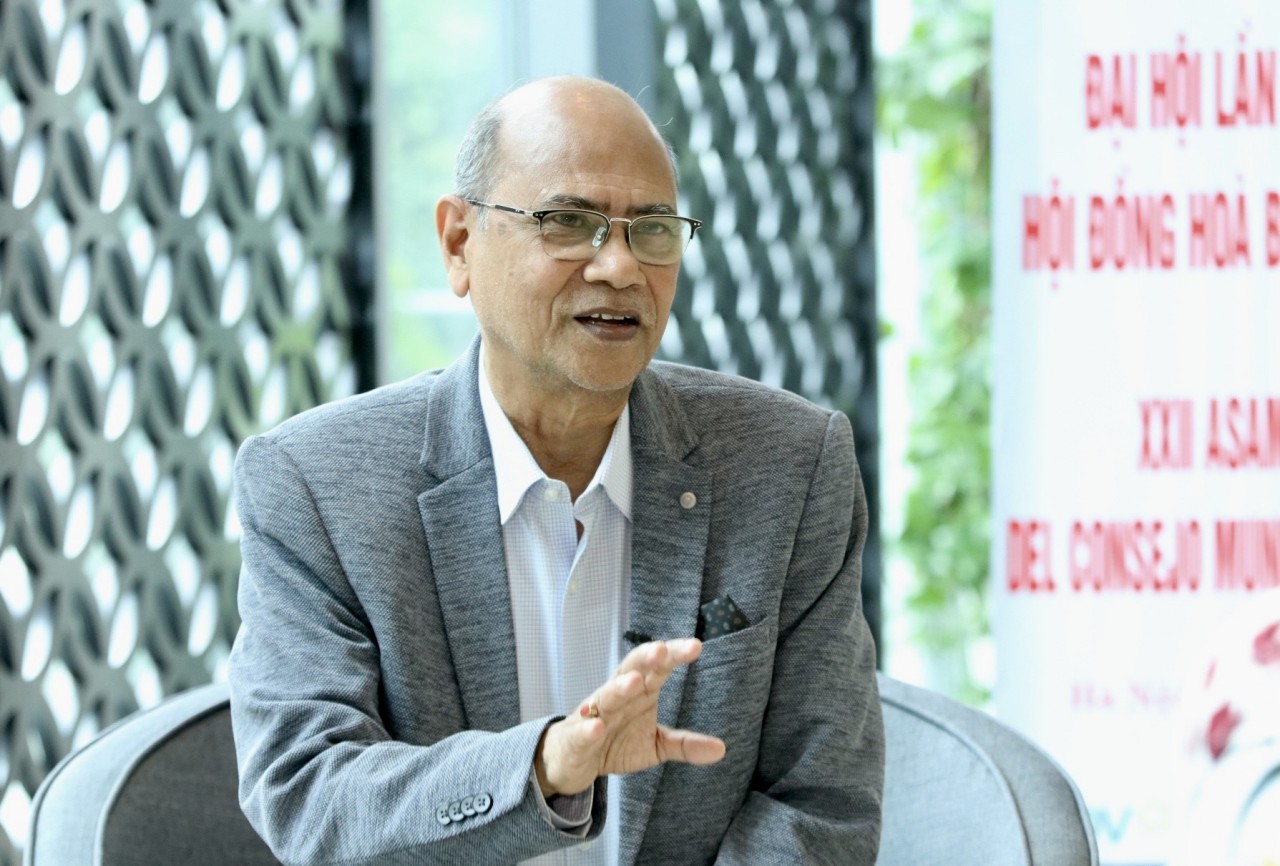World Peace Council - Over 70 Years Contributes to Peace and Justice
Establishment and Development of the World Peace Council
In that context, preventing the risk of war, especially the third world war and nuclear war, has become an urgent and most important task of all forces with conscience and love for peace in the world. Many mass organizations fighting for peace were established, gathering peace activists from all walks of life.
Among them, the most prominent is the World Congress of Intellectuals in Defense of Peace which took place on August 6, 1948, in Wroclaw, Poland. The Conference established a Coordination Committee for Peace Operations, which plays a pivotal role in deploying activities to protect the common peace of mankind.
On February 25, 1949, the Coordinating Committee for Peace Operations called on all democratic organizations working for peace and progress and individuals around the world to join hands to prevent the risk of war and participate in the World Congress of Partisans of Peace. Within less than 60 days since its launch, 18 international democratic organizations, thousands of national peace organizations, and 2,900 celebrities had registered to attend the Congress. That atmosphere inspired the French communist poet Louis Aragon to compose the poem "Caravan of Peace" (Les caravanes de la paix in French).
From 20 to 26 April 1949, more than 1,000 delegates from 75 countries representing many international organizations and many well-known people attended the Congress in Paris. With the same number of delegates and at the same time, delegations from Eastern Europe and Asia went to Prague, and Czechoslovakia to participate in the Congress to respond to the peace movement because they were not granted visas to France. On the day of the Congress, in the hall in Paris hang a painting of a dove drawn by the artist Picasso. Since then, the dove has become an immortal symbol of peace.
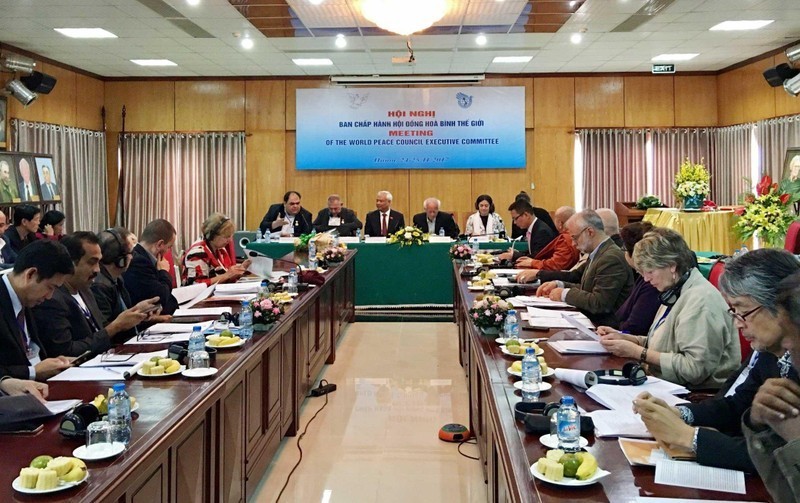 |
| 2017 World Peace Council Executive Committee. |
On April 25, 1949, Congress issued a declaration on the basic purposes, operating principles, and essential conditions for freedom and peace. They include compliance with the Charter of the United Nations; striving for peace, for the right to self-determination of peoples; abolishing nuclear weapons, spending military expenditures on poverty alleviation, limiting the military capabilities of the great powers; peaceful coexistence and development; opposing and condemning all acts of aggression, destruction of democratic liberties, sowing hatred between races and peoples; calling for neutralizing propaganda for a new war.
French scientist Frédéric Joliot-Curie, Chair of the Congress, said: “Peace is everyone's business”. His speech became a summons and quickly spread around the world at that time, especially right after the North Atlantic Security Treaty (NATO) was born on April 4, 1949, in Washington.
The Congress also decided to establish a Coordination Committee (Executive Board) based in Paris, headed by Frédéric Joliot-Curie. In March 1950, the Committee met in Stockholm, Sweden, and called for a ban on nuclear weapons. The call has been signed by more than 600 million people worldwide.
Then, at the end of October and beginning of November 1950, the 2nd Congress in Warsaw, Poland decided to change the Committee to the World Peace Council, appointing the Executive Committee chaired by Frédéric Joliot-Curie. The Congress issued a statement supporting the people of North Korea in the fight against the US invasion and the Vietnamese people's resistance against the French colonialists. This is the Council's first pro-Vietnam resolution.
On February 25 and 26, 1951, the first Conference of the Executive Committee of the World Peace Council was held in Berlin, the German Democratic Republic. The Conference called on five major countries including Britain, France, the United States, the Soviet Union, and the People's Republic of China to sign a peace treaty. For the first time, Vietnam sent a delegation from a domestic resistance war zone to attend this Conference.
According to National Salvation Newspaper edition No. 1765, published on March 2, 1951, 162 delegates from 46 countries signed the summons of the World Peace Council. Dr. Nguyen Van Huong, Vice Chairman of the Vietnamese National Assembly, and Minister of Health represented the delegation of Vietnam's World Peace Committee to sign this paper.
During the 1950s, many international peace and democracy organizations were established and became members or associate partners of the World Peace Council. In the years 1960-1980, the Council was one of the international organizations that played a pivotal role in the global people movement to fight for peace, against imperialist wars, and nuclear weapons, and to unite and support the struggle for national liberation of the peoples of Asia-Africa-Latin America.
Today, in the context of complicated and unpredictable developments in the world and region with very fundamental and profound changes, the World Peace Council still maintains its goal since its inception. Peace is the common task of all. The fight for peace is to support and strengthen solidarity with the people of countries around the world for peace, justice, national independence, and territorial sovereignty.
The Council always opposes the arms race, especially nuclear weapons; supports war victims, calls for an end to armed conflicts, especially the conflict between Russia and Ukraine; encourages peaceful cooperation and development, and participates in solving global problems.
The World Peace Council has now grown to more than 100 member organizations, including national peace organizations, and progressive democratic organizations. It also serves as a non-governmental advisory body to the UN Economic and Social Council, a trusted partner of the non-aligned movement.
Despite facing many difficulties, the Council has gathered progressive peace forces around the world; created an open forum for dialogue, cooperation, and mutual support between organizations and individuals in order to realize common goals and create the strength to fight for peace and justice.
Vietnam and Its Participation in World Peace Council
From the very beginning, President Ho Chi Minh and Vietnam Communist Party clearly saw the important role of the World Peace Council and the need to connect Vietnam with this international organization. Vietnam sent 11 delegates to participate in the founding Congress of the World Peace Council in 1949, including professor Pham Huy Thong and mathematician Le Van Thiem. Thus, Vietnam is one of the countries that have participated in the founding of the World Peace Council.
President Ho Chi Minh directed the establishment of Vietnam's World Peace Committee (now known as Vietnam Peace Committee) early in the days of our resistance war against the French. On November 17, 1950, he sent a letter to the Congress to establish Vietnam's World Peace Protection Committee, which was launched on November 19, 1950. The Congress honored President Ho Chi Minh as the “soldier for peace” and Honorary Chairman of the World Committee for the Peace Protection of Vietnam.
In 1950, Vietnam sent a delegation from the war zone to attend the 2nd Congress of the World Peace Council in Warsaw, Poland. At this Congress, the Council first issued a statement supporting the Vietnamese people's resistance against the French colonialists. In the same year, despite the difficult conditions of the resistance, Vietnam collected nearly six million signatures to respond to the Stockholm Call to ban nuclear weapons.
Over the past 70 years, the World Peace Council has always accompanied, united, and supported Vietnam in every historical period, from the struggle for peace, national independence, unification, and territorial integrity to the present-day of construction and defense of the Fatherland. Vietnam has always been an active and responsible member of the World Peace Council, elected to hold the position of Vice President and member of the Council's Secretariat for many years.
Vietnam has received delegations of the Council, held meetings of the Executive Committee, and many events of the World Peace Council for many years. President Ho Chi Minh and Vietnam’s senior leaders also received and met the leaders of the Council during their visits to Vietnam.
Most recently, in 2017, Vietnam successfully hosted the Conference of the Executive Committee of the Council in Hanoi. On that occasion, Vietnam joined hands with the World Peace Council to celebrate the 100th anniversary of the Russian October Revolution. As a member organization of the Council, Vietnam has always been a symbol of faith, aspiration for peace, justice, righteousness, international solidarity, and revolutionary heroism. That spirit of solidarity always plays an important role in international solidarity in general, and in the revolutionary cause of the Vietnamese people in particular.
This November, Vietnam will host the 22nd Assembly of the World Peace Council for the first time. This can be considered an important milestone, vividly demonstrating the international solidarity, roles, responsibilities, and contribution of Vietnam to the peace movement of all mankind, for a peaceful, equal, democratic, progressive, and civilized world.
| World Peace Council’s conference to be held Hanoi in November On the afternoon of August 7th, in Hanoi, Mr. Don Tuan Phong, Vice President in-charge cum Secretary General of the Vietnam Union of Friendship Organizations ... |
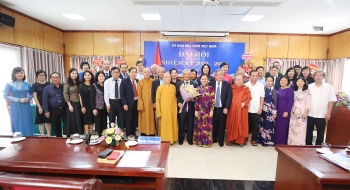 | National Congress of Vietnam Peace Committee held in Hanoi The National Congress of the Vietnam Peace Committee (VPC) for the 2020-2025 tenure elected the Presidium for the 2020-2025 tenure with 50 members, led by ... |
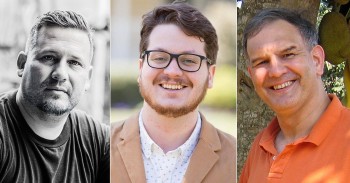 | Hanoi - The 'City For Peace' in the Lenses of Expat Residents In 1999, Hanoi was awarded the title of "City for Peace" by UNESCO for its contributions to peace, equality, environmental protection, culture, and education promotion. ... |
Recommended
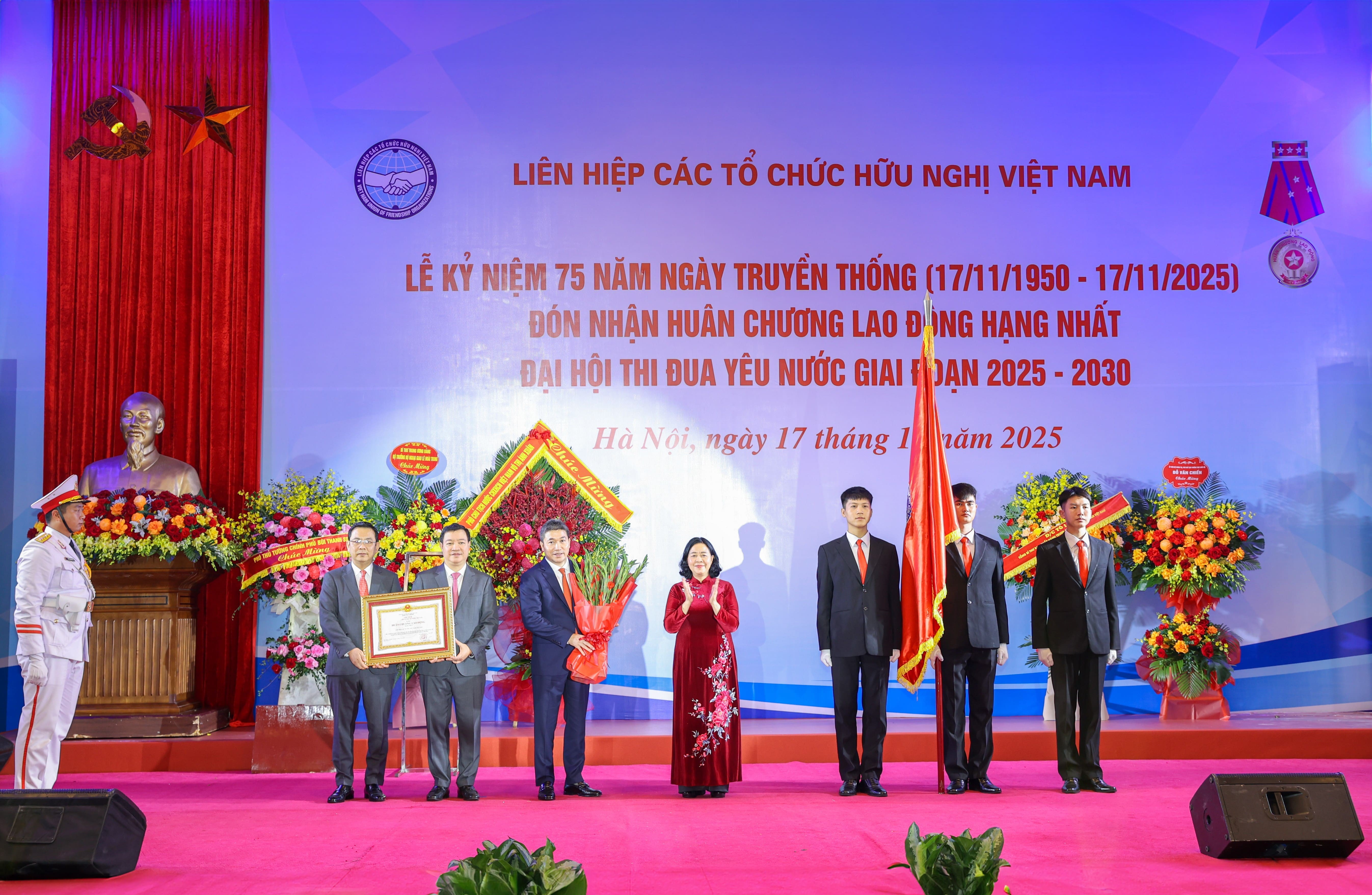 Friendship
Friendship
People-to-People Diplomacy: Change to Reach Further
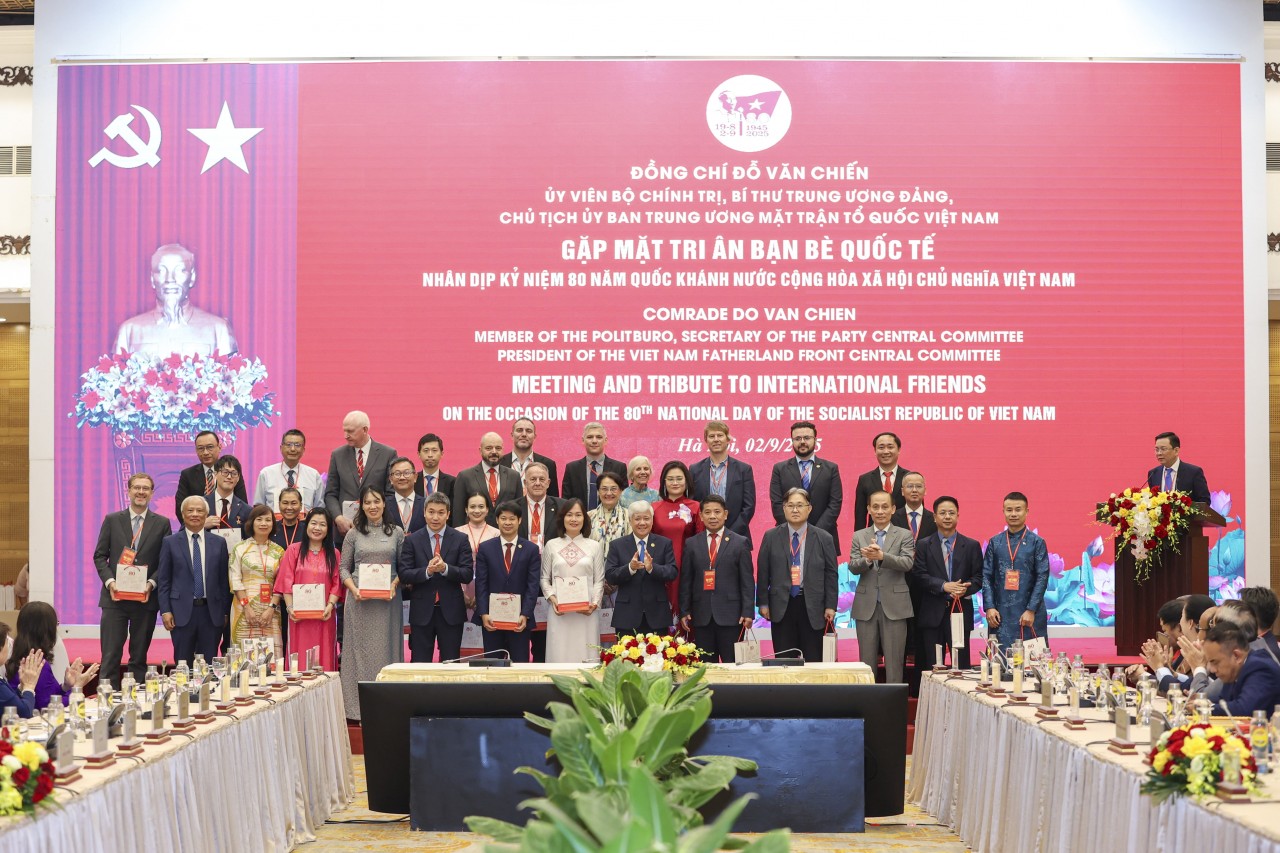 Focus
Focus
Outstanding Highlights of Viet Nam’s People-to-People Diplomacy in 2025
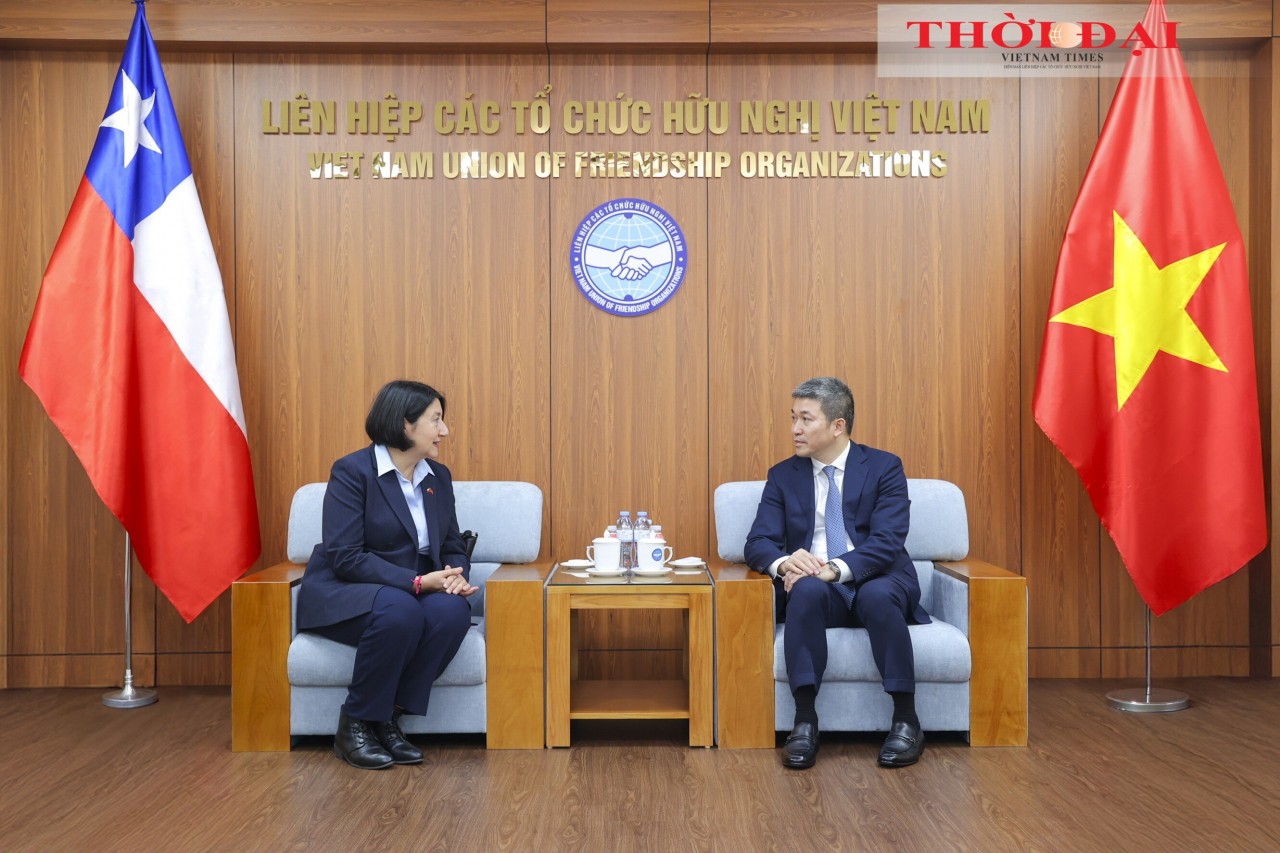 Friendship
Friendship
Promoting People-to-People Cooperation on the Occasion of the 55th Anniversary of Vietnam-Chile Relations
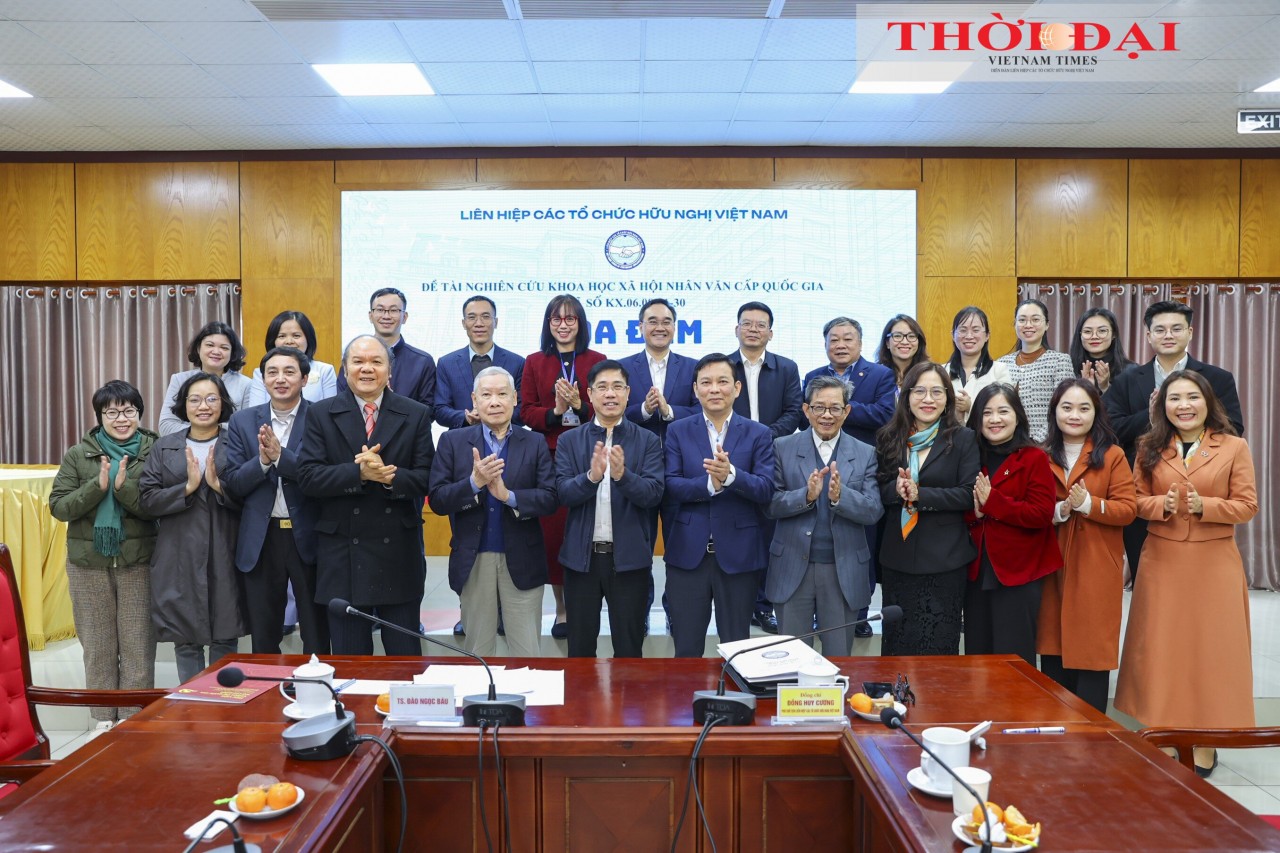 Focus
Focus
Seminar on “The Scientific Foundations of People-to-People Diplomacy in the World”
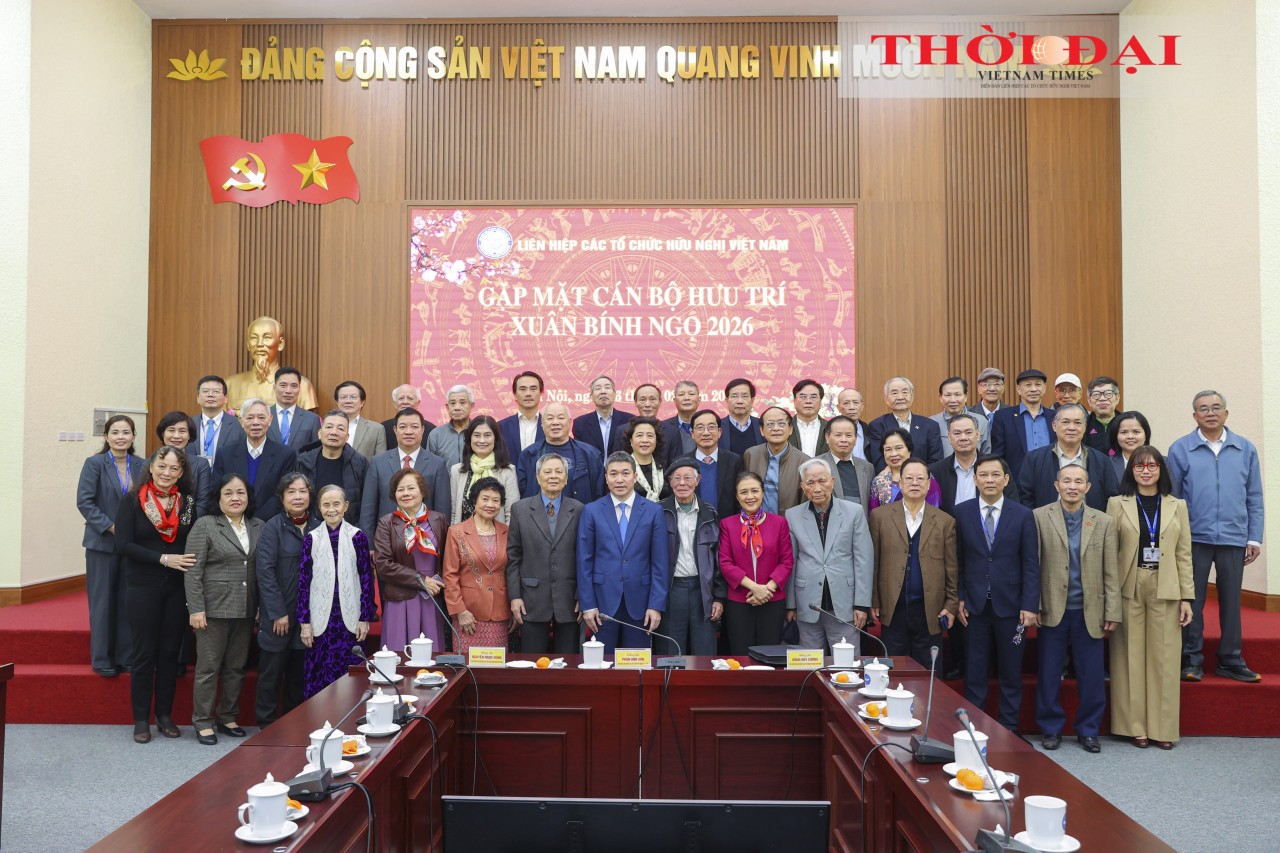 Friendship
Friendship
Viet Nam Union of Friendship Organizations: Strong Renewal in New Stage of Development
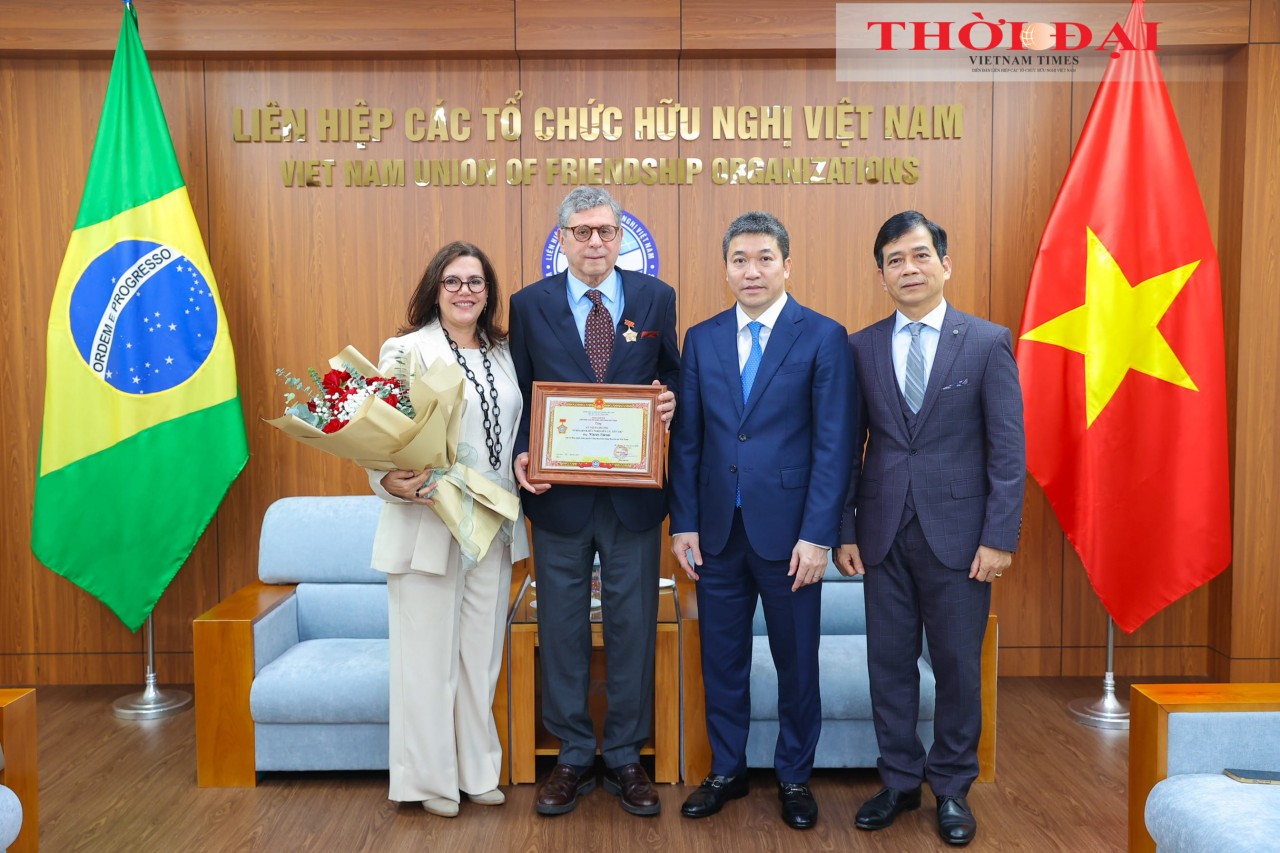 Friendship
Friendship
Recognizing Contributions of Ambassador Marco Farani to Promoting Vietnam-Brazil Relations
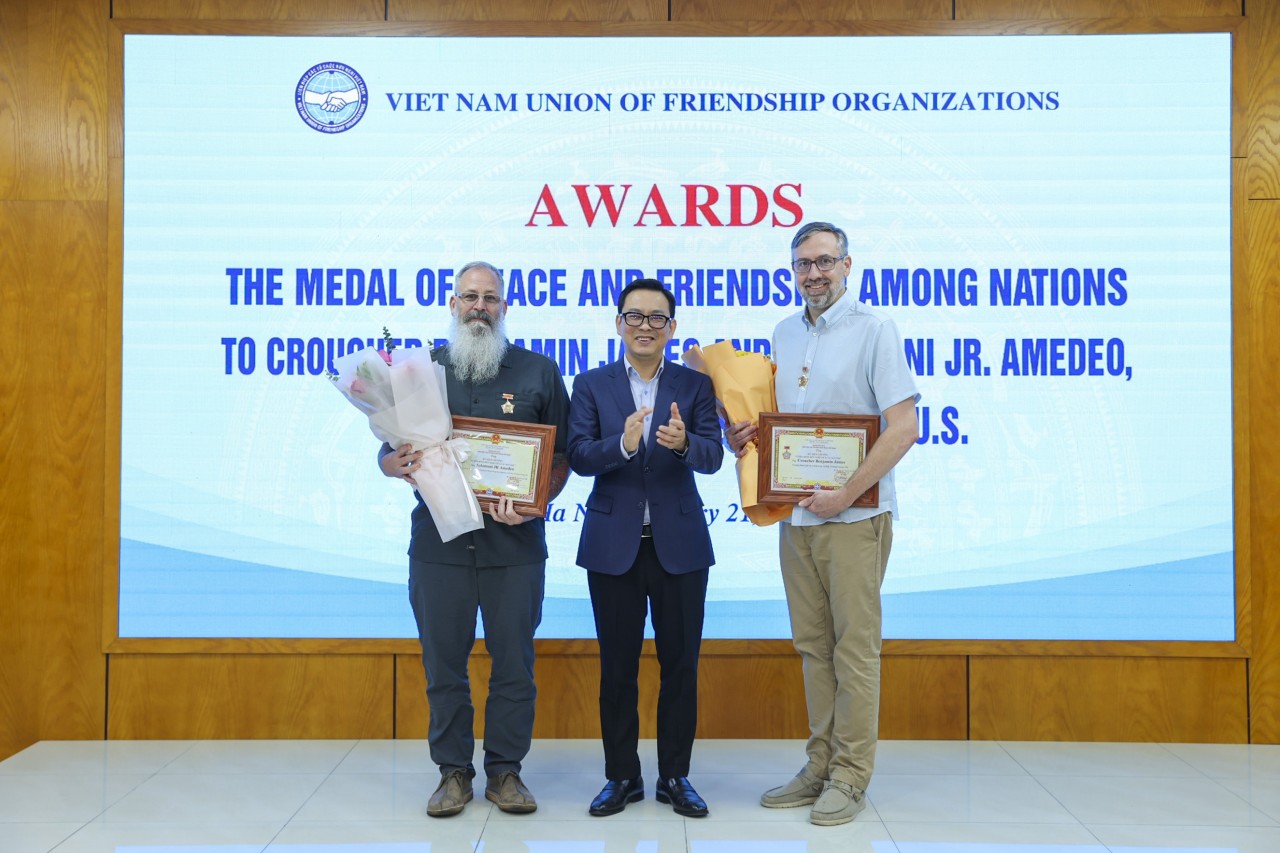 Focus
Focus
Recognizing Contributions of Two George School Teachers to Promoting Vietnam-US People-to-People Exchange
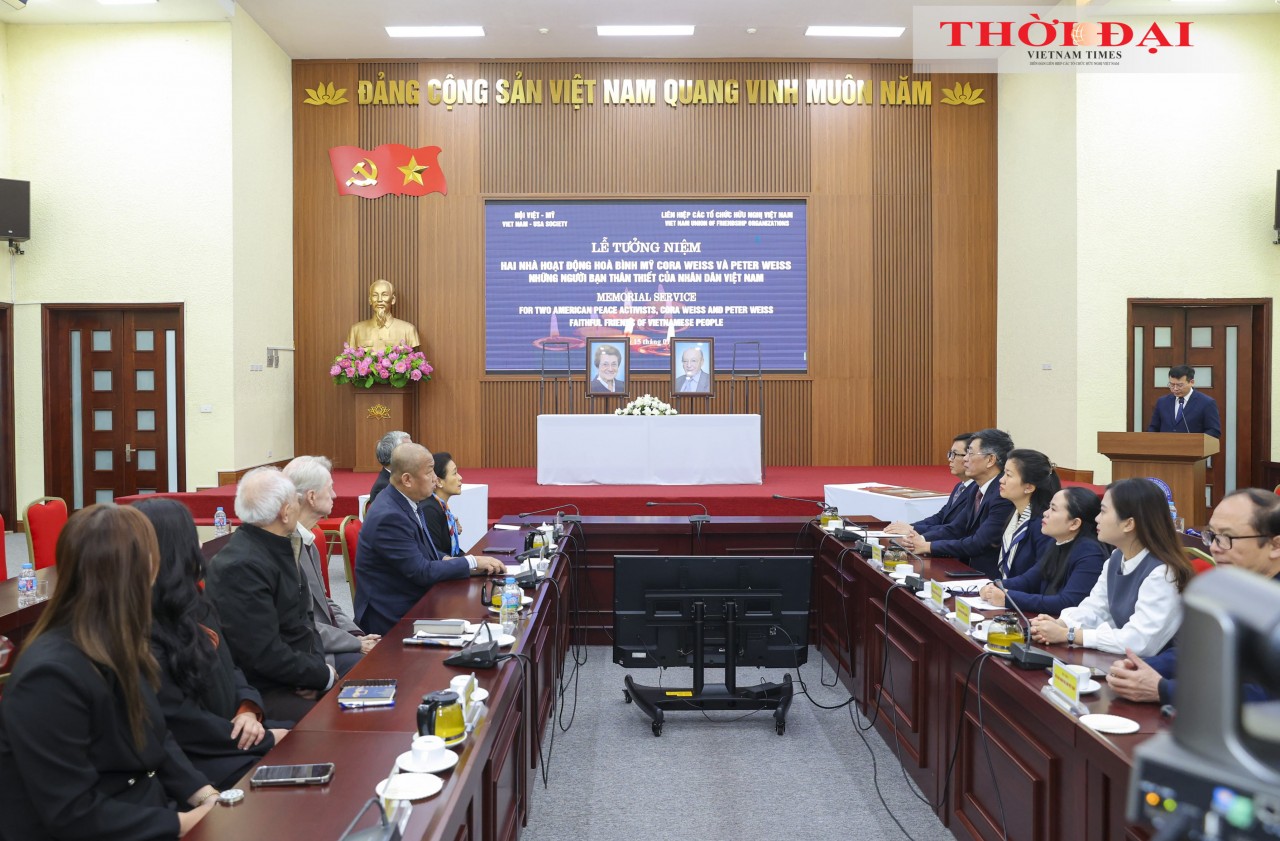 Friendship
Friendship

